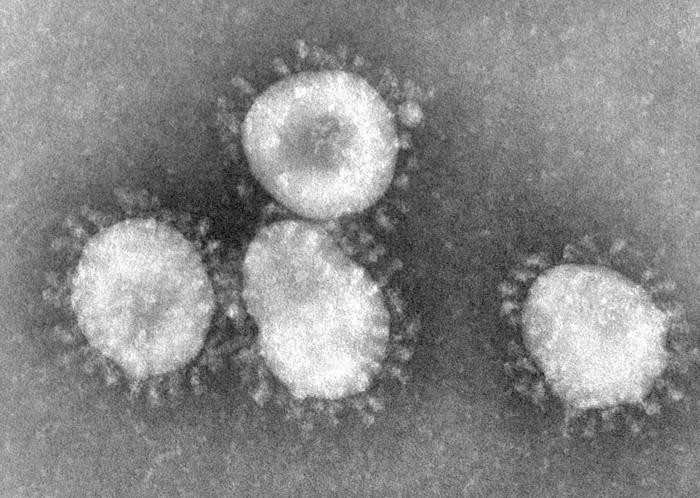France Hit by Sars-Like Coronavirus as Saudi Arabia Confirms 13 New Cases
Seven victims reported dead in Saudi Arabia from flu strain that sparked global health scare 10 years ago

Thirteen people in Saudi Arabia have contracted the Sars-like coronavirus, the World Health Organisation has confirmed.
In total, Saudi Arabia has confirmed 23 cases of the disease and seven fatalities. France has also now reported its first case, following its emergence early in September.
Coronaviruses cause the common cold but can result in more severe illnesses including Sars (severe acute respiratory syndrome).
An outbreak of Sars in 2002 and 2003 led to over 8,000 confirmed cases and 775 deaths worldwide.
The Saudi outbreak is in the al-Ahsa area in the east of the country.
A statement by WHO said: "Since 14 April 2013, 13 new cases of infection have been confirmed and reported in Saudi Arabia. Seven of these have died, four remain critically ill in intensive care and two are hospitalized but clinically improved.
"All patients were reported to have at least one comorbid medical condition and most had more than one. Most of the cases were patients at a single health care facility. Two were family members of two patients from that facility; no health care workers have been affected. A
"Although investigations are still ongoing into the source of this outbreak, early information indicated that only a small minority of these cases had contact with animals in the time leading up to their illness."
There have now been cases of the coronavirus in Qatar, Jordan, Britain and the United Arab Emirates. In total, there have been 30 confirmed cases of the coronavirus with 18 fatalities.
At present, there is no evidence to suggest the virus spreads human-to-human but there are concerns over clusters of the cases.
Taking all precautions
"Several cases have occurred in clusters, including in a health care setting in Jordan in April 2012 (of two confirmed and 11 probable cases, 10 were health care workers) and in the UK among family members of an infected patient who had recently arrived from Saudi Arabia. The Jordanian outbreak illustrated the potential of this virus to spread through health care facilities and the UK outbreak confirmed the potential of the virus to transmit between humans with close contact. In neither instance did transmission appear to go beyond the immediate outbreak into the community," WHO said.
Saudi Arabia's deputy health minister Mansour al-Hawasi told the Saudi news agency SPA that the situation did not call for concern, and that authorities are taking all precautions around those who had been in contact with the infected.
WHO said it was continuing to monitor the situation closely and does not advise any special screening at points of entry or travel restrictions.
However, it said it was encouraging all member states to continue its surveillance for severe acute respiratory infections and to review any unusual patterns.
A statement from the organisation said: "WHO is working with international experts and countries where cases have been reported to assess the situation and review recommendations for surveillance and monitoring.
"All member states are reminded to promptly assess and notify WHO of any new case of infection with nCoV, along with information about potential exposures that may have resulted in infection and a description of the clinical course."
© Copyright IBTimes 2025. All rights reserved.




















